In what appears to be a contradiction, the great protectionist US President Donald Trump is welcoming Japanese Prime Minster Abe this weekend.
He was also the first foreign leader then President elect Trump received last November after his election.
Now, less than a month after taking office, the Japanese Prime Minster is back in the US even though President Trump made good one of his election promises and dumped the Trans-Pacific Partnership (TPP) trade deal on taking office.
TPP was a free trade deal between the US and 11 mainly Asian countries including Japan, signed by then President Obama a year ago but not ratified by congress.
However, President Trump lived up to his election promise to dump this trade deal because it threatened the US auto and electronics industries in particular by opening up the market to competition.
Impact on Ireland
In what appears to be a solo run, Japan has sought to protect its interests by engaging in bilateral talks with the new US President.
Japan has a positive trade balance with the US and with President Trump embarking on a protectionist policy for the US, Japan is concerned at how this may disrupt its business interests.
The main lines of trade between the two countries are Japan exporting cars and car parts to the US while the US exports mainly agricultural produce to Japan.
This is where Ireland’s interest comes into play. There was a train of thought that with the US dumping TPP, Japan would move quickly to conclude the trade deal with the EU that has been on the brink for the past few months.
However, if Japan makes the deal with the US, and ditches its other Pacific rim colleagues, there will be less of a hurry on Japan to conclude the deal with the EU.
Irish exports to Japan
Predictably, agriculture is the sticking point between the EU and Japan, with Japan not offering the level of beef access that the EU wants.
Japan is Ireland’s fifth most important export destination outside the EU and currently a preferential tariff of 12.8% applies to Irish beef products in Japan.
If the US and Japan don’t conclude a bilateral agreement, it is likely that Japan will refocus on the EU, thereby enhancing the opportunity for Irish agricultural exports. However, if they do the deal, then the EU and Ireland’s negotiating position will have weakened.
Read more
Lessons from dairy success in US for post-Brexit world
In what appears to be a contradiction, the great protectionist US President Donald Trump is welcoming Japanese Prime Minster Abe this weekend.
He was also the first foreign leader then President elect Trump received last November after his election.
Now, less than a month after taking office, the Japanese Prime Minster is back in the US even though President Trump made good one of his election promises and dumped the Trans-Pacific Partnership (TPP) trade deal on taking office.
TPP was a free trade deal between the US and 11 mainly Asian countries including Japan, signed by then President Obama a year ago but not ratified by congress.
However, President Trump lived up to his election promise to dump this trade deal because it threatened the US auto and electronics industries in particular by opening up the market to competition.
Impact on Ireland
In what appears to be a solo run, Japan has sought to protect its interests by engaging in bilateral talks with the new US President.
Japan has a positive trade balance with the US and with President Trump embarking on a protectionist policy for the US, Japan is concerned at how this may disrupt its business interests.
The main lines of trade between the two countries are Japan exporting cars and car parts to the US while the US exports mainly agricultural produce to Japan.
This is where Ireland’s interest comes into play. There was a train of thought that with the US dumping TPP, Japan would move quickly to conclude the trade deal with the EU that has been on the brink for the past few months.
However, if Japan makes the deal with the US, and ditches its other Pacific rim colleagues, there will be less of a hurry on Japan to conclude the deal with the EU.
Irish exports to Japan
Predictably, agriculture is the sticking point between the EU and Japan, with Japan not offering the level of beef access that the EU wants.
Japan is Ireland’s fifth most important export destination outside the EU and currently a preferential tariff of 12.8% applies to Irish beef products in Japan.
If the US and Japan don’t conclude a bilateral agreement, it is likely that Japan will refocus on the EU, thereby enhancing the opportunity for Irish agricultural exports. However, if they do the deal, then the EU and Ireland’s negotiating position will have weakened.
Read more
Lessons from dairy success in US for post-Brexit world




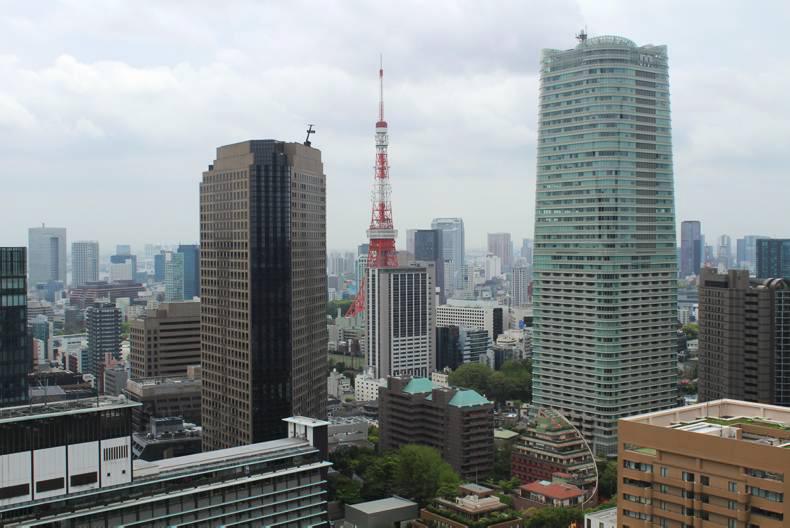
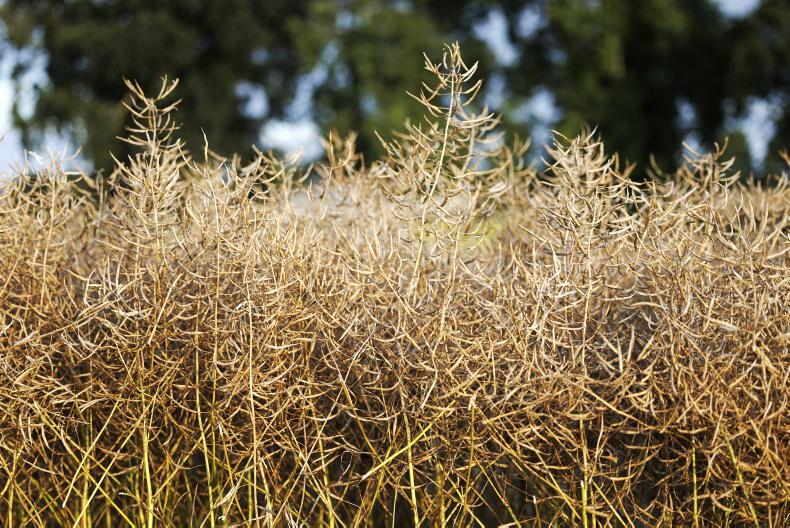

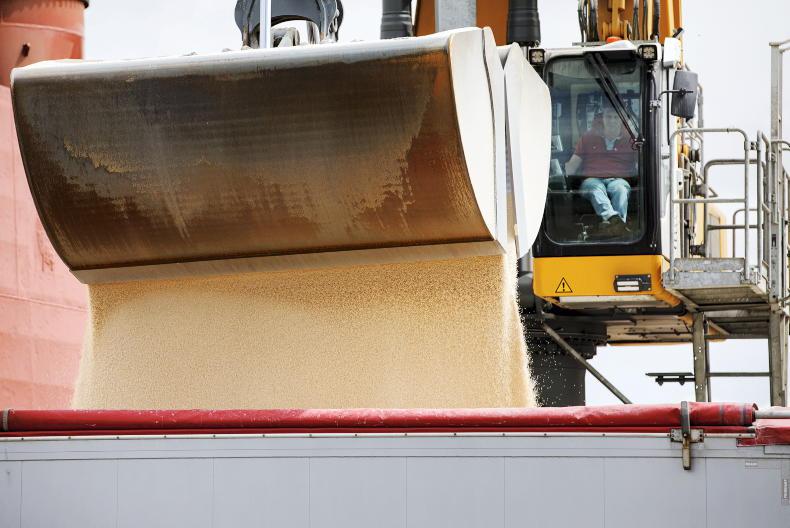
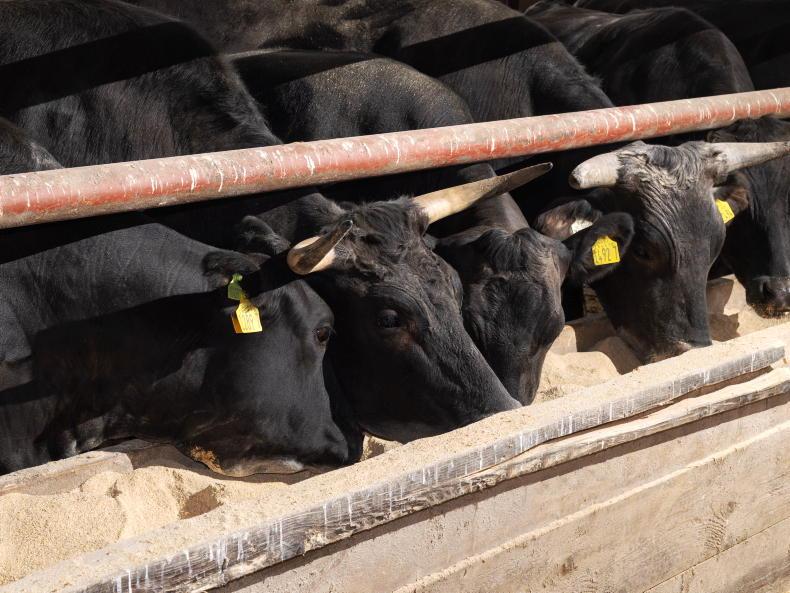
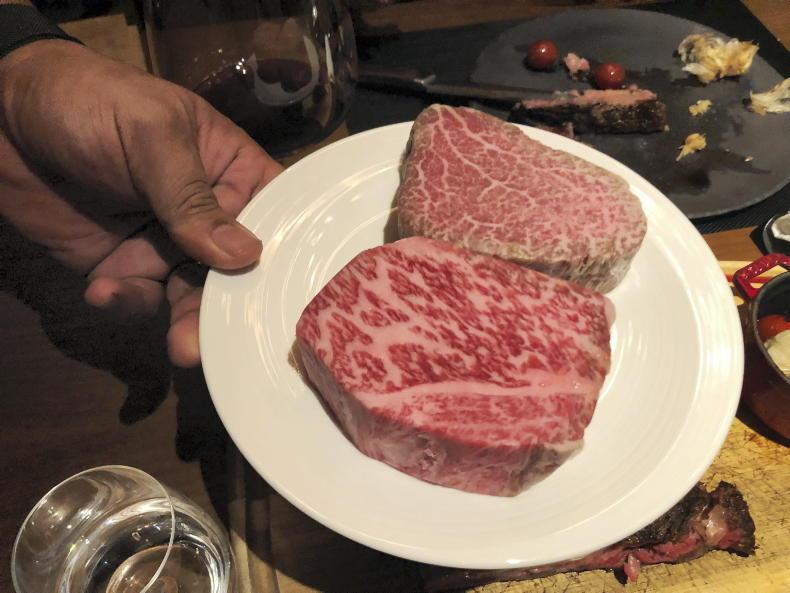
SHARING OPTIONS